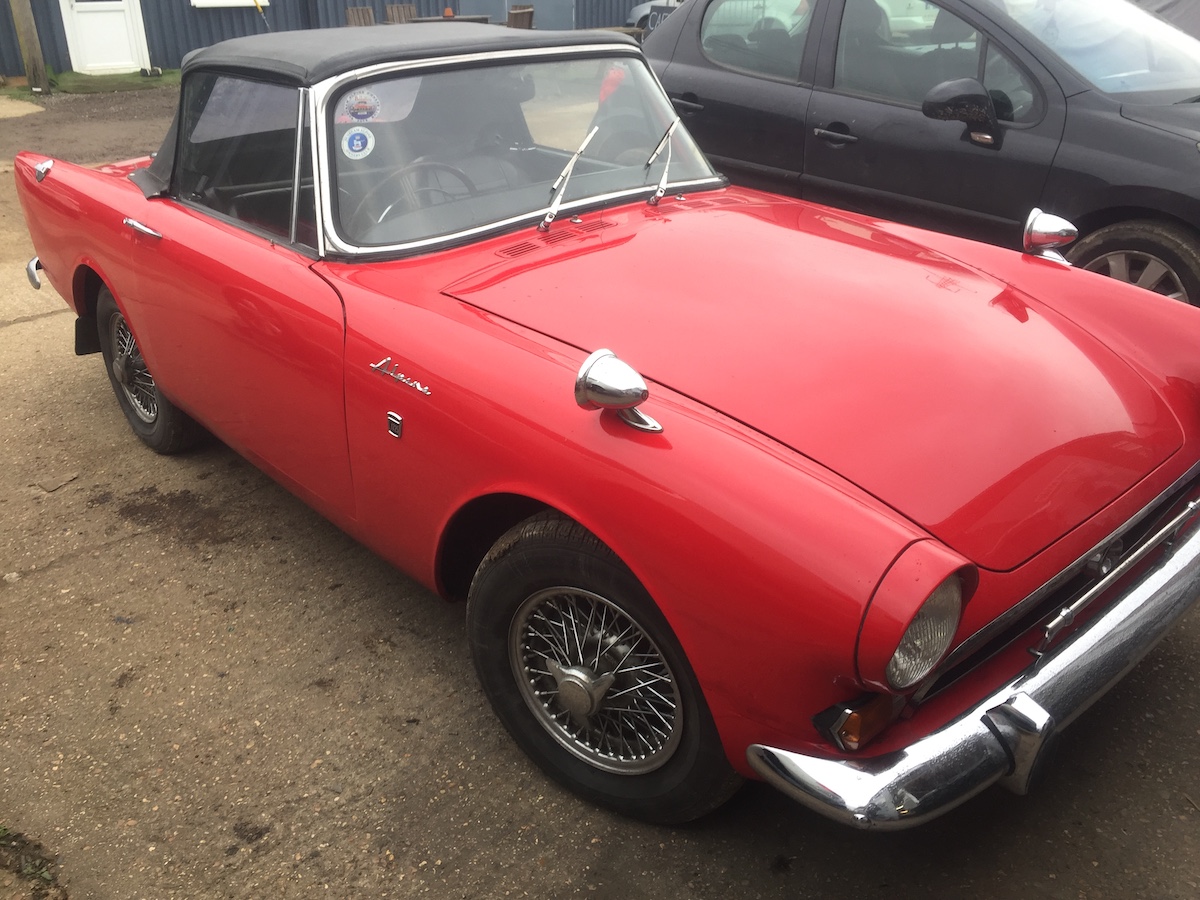
One of the more challenging things about owning a classic car in the UK is finding the right insurance provider. For many vintage vehicles, a standard policy often won’t completely fit the bill.
Here to take a closer look at today’s classic car insurance market and what factors you need to take into account when dealing with insurance companies.
Just because you have an old car doesn’t mean that it’s called a classic, at least that’s according to insurance companies.
In fact, where insurers are concerned, age is a relatively minor consideration. According to moneysavingexpert.com, the clear definition of a classic car for insurance companies is this:
“Insurers define a classic car according to how it's used and kept – generally speaking, it needs to be a combination of most of the following: more than 15 years old, driven less than 5,000 miles a year, kept in mint condition and used as a second car.”
So, if you buy a classic Ferrari and want to drive 10,000 miles a year and have it as your first car, you are going to struggle to find a specialist classic car insurer.
If, on the other hand, you have a 20-year-old Ford, don’t drive it much, use it as a second car and keep it in top condition, you can get classic car insurance for it.
No, not necessarily. The truth is that most classic cars aren’t used for general driving and daily trips to work.
They are just as much an ‘ornament’ as they are a working vehicle. They are brought out on special occasions, driven responsibly and usually kept in a secure place like a garage. All this is good news for insurance companies because there is less likely to be a claim. That’s why premiums can often be much less than with an ordinary car.
Of course, classic car owners are usually a lot more careful with their pride and joy, are likely to maintain their vehicle well and not take it anywhere there might be high risks. The difference in a classic car policy is that owners usually need additional things added, not least when it comes to the value of their vehicle.
The main difference is that you can add certain risks to the policy which are specific to classic vehicles. For example, restorations can take months, if not years, and the insurance can cover your car during this time for things like theft and damage. This can be relatively inexpensive as long as your vehicle is in a secure location.
Policies also offer extra cover if you like to take your classic car to fairs and shows to display it to the general public, protecting against collisions and prangs. If you have a racing car then you can cover it for use on a racing track. And, if you want to take, your classic car abroad most policies allow you to do this for 90 days a year.
You can also reduce the cost of your insurance policy by joining a classic car club. Why? Some insurance companies see this as more proof that you are likely to take good care of your car and not put it at risk.
Modern cars are relatively easy to assess the value of when it comes to a write-off. For classics, it’s a lot different. That’s why there is often an agreed price which can be added to the policy. The challenge here is valuing your vehicle properly. Classics can go up and down in price depending on interest in a particular make or model. Modifications can also change the replacement value.
A write-off can be catastrophic for classic car owners. Many will have put a lot of work, money and effort into restoring or maintaining their vehicle. The insurance company may want to write a vehicle off and could have every right to do so, but you also might want to restore it after an accident.
It’s important to make sure that your policy covers salvage retention so that you can buy the car back after settlement and go to work on it again.
Adding modern modifications to your classic car can push the price of your premiums up, depending on the car and the company you get insurance from. For example, you may want a respray to make your car look more pristine.
The truth is this pushes up the value of your car and so nudges up the premium also. Bigger changes such as putting in a new engine or adding computerised dashboards can have an even bigger impact.
With any modification, it’s important to update your car insurance company as not doing so could invalidate any future claim. It’s often worth checking with them before any changes so you know what to expect.
At White’s Bodyworks in West Sussex, we’ve been restoring, repairing and refurbishing classic cars of all types for the past twenty years. Our customers come from right across the Home Counties and the rest of the UK because we’ve got the expertise and equipment to meet their needs and a reputation to match.
If you’d like to see some of our past classic car renovations, check out our portfolio today.